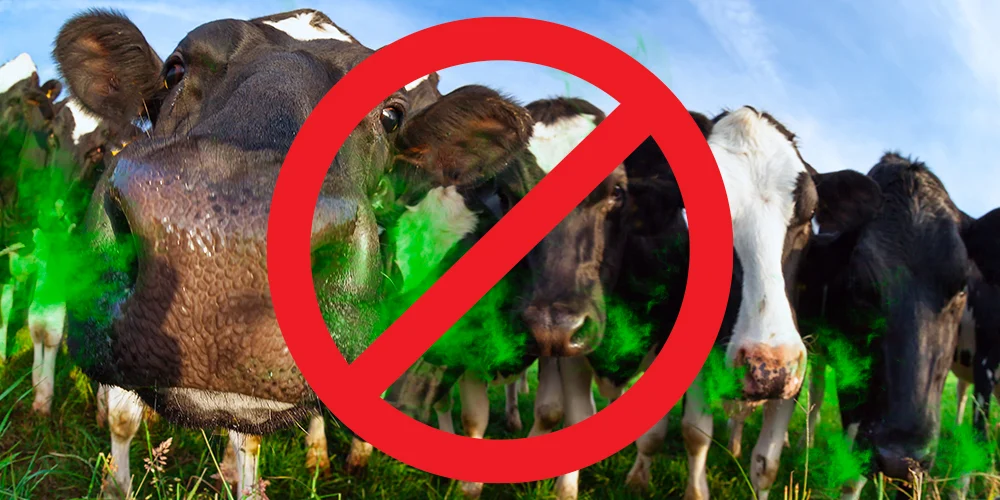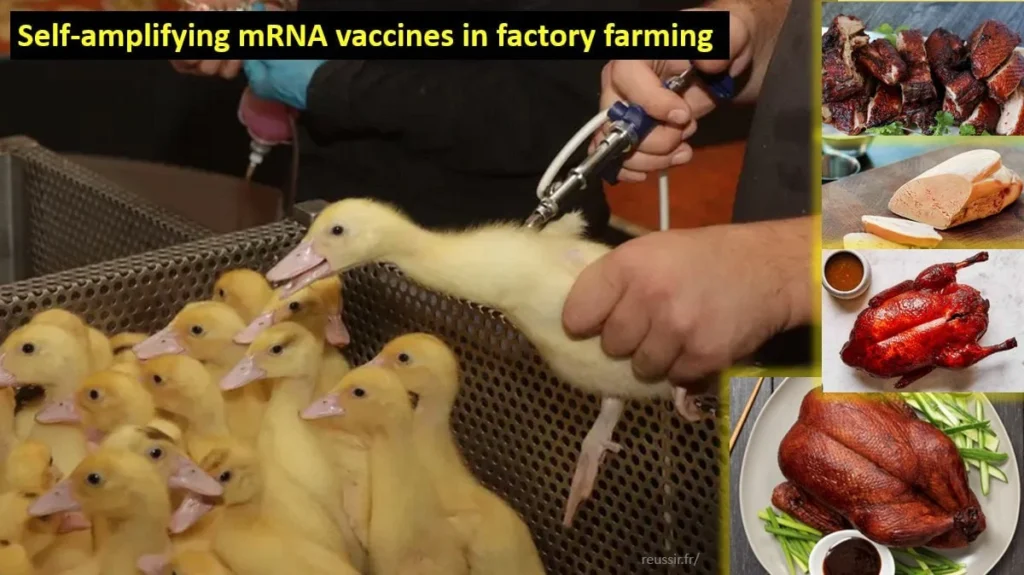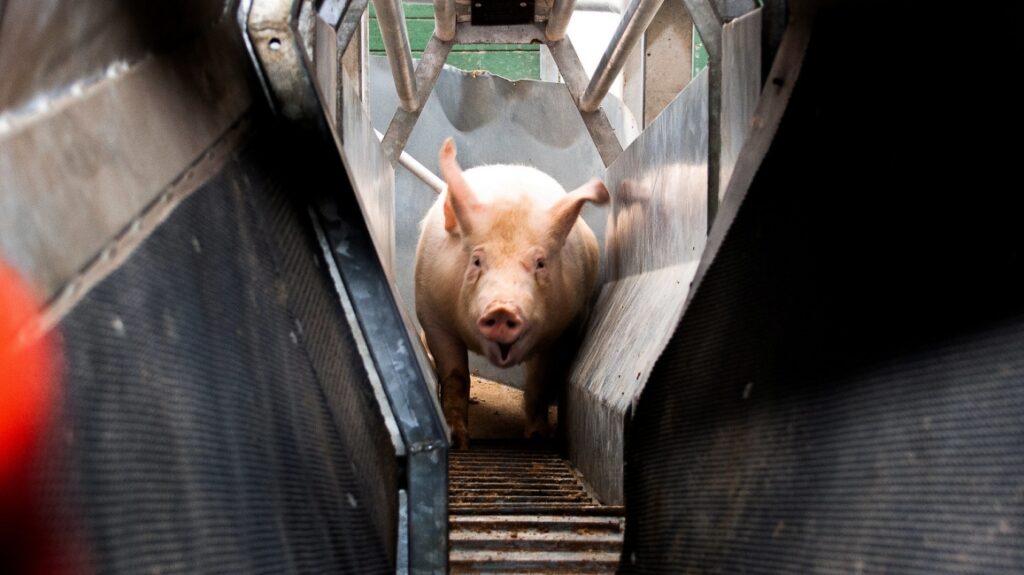PETA Uncovers Two Decades of Horrific Rabbit Experiments at Karolinska Institutet
In a complaint filed on November 5, People for the Ethical Treatment of Animals (PETA) has accused the U.S. National Institutes of Health (NIH) of bankrolling systematic animal cruelty at one of Europe’s most prestigious research institutions, Karolinska Institutet. For nearly 20 years, scientists at Sweden’s Karolinska Institutet (KI) have crushed rabbits’ spines, injected their brains and spinal cords with experimental substances, and subjected them to invasive electrode implants – all in the name of studying human posture and mobility after spinal injuries. The revelations, drawn from internal lab records obtained by PETA, paint a harrowing picture of prolonged suffering, inadequate pain relief, inadequate animal care and systemic oversights – this in a country praising itself for its stringent animal welfare standards.
The experiments, led by neuroscientist Tatiana Deliagina, began around 2004 under an NIH grant focused on “Restoration of Postural Control After Spinal Cord Injury.” Funded through the National Institute of Neurological Disorders and Stroke (NINDS), the project has received $3,752,020 US taxpayer money alone to date.
PETA’s investigation zeroed in on records from September 2021 to May 2025, documenting the use of at least 127 male rabbits. Extrapolating over the full two decades, it is estimated thousands of animals have endured these procedures, with a brief hiatus from 2018 to 2020. What unfolds in Karolinska Institutet’s labs is nothing short of nightmarish. Rabbits undergo spinal cord crushing or transection to mimic injury, followed by injections into their brains and spines. Electrodes are surgically implanted into muscles and nerves to monitor responses. In some cases, researchers perform “decerebration,” severing the brain’s connection to the spinal cord, creating a grotesque “preparation” for testing. Anesthesia is used during surgery, but post-operative care often leaves animals unsedated, writhing in pain. PETA’s complaint highlights seven rabbits that surpassed the protocols’ “humane endpoints”—signs of unbearable distress like inability to eat, groom, or move – yet were not euthanized promptly. Six of these underwent further agonizing tests, lingering for up to 50 days. One rabbit “screamed in its cage” for nearly three weeks without intervention. Another, found screaming and immobilized on its side, received no veterinary attention and survived another month. Documentation reveals “deficient, inconsistent, and inadequately documented” care, with no routine vet checks in many instances.
“It’s sickening that NIH has paid for this atrocity,” said PETA Senior Vice President Kathy Guillermo. “We come to expect it in foreign animal laboratories where there is no U.S. oversight. “The funding trail underscores a troubling loophole in global research ethics. These experiements directly violate NIH’s animal welfare guidelines. While the grant demands compliance with the Public Health Service Policy on Humane Care and Use of Laboratory Animals, foreign sites like the Swedish Karolinska Institutet operate under a mere “assurance” from the institution, with scant direct monitoring. A 2023 U.S. Government Accountability Office report flagged this as a vulnerability, noting NIH’s $2.2 billion in overseas animal research grants from 2011 to 2021 often involved invasive work on species like cats, bats, and monkeys. PETA’s filing with NIH’s Office of Laboratory Animal Welfare (OLAW), Office of Research Integrity (ORI), and NINDS alleges not just welfare breaches but potential research misconduct in grant reports and publications that downplay the suffering. This isn’t PETA’s first complaint about Karolinska; the institute’s 2017 scandal involving their fake surgeon Paolo Macchiarini exposed sloppy animal handling in tracheal transplant trials on pigs and sheep, prompting internal reviews but no lasting reforms.
Demands are unequivocal: immediate funding suspension to Deliagina, revocation of Karolinska Institutet’s animal welfare assurance, and a full misconduct probe with corrective measures.
Sweden, often hailed – in particular by Sweden – as a beacon of animal rights, adds irony to the tale. The Animal Welfare Act (2018:1192) and Ordinance (2018:1193) enshrine the EU’s 3Rs principle – Replacement, Reduction, Refinement – banning unnecessary suffering and requiring ethical board approvals for all experiments. Karolinska Institutet’s protocols likely cleared one of Sweden’s six regional boards, justifying the work as essential for spinal injury insights where alternatives like simulations fall short. Yet, enforcement gaps persist: subjective reviews, reliance on self-reporting, and post-approval lapses allow “refinements” that still permit pain if deemed scientifically vital. The system’s flexibility favors research over welfare, especially with foreign dollars flowing in.
Sweden’s annual lab animal use hovers at 600,000 procedures – below global norms – due to inspections by the Board of Agriculture, and a very strong cultural aversion to cruelty. But as Guillermo notes, “strict laws” don’t always translate to zero tolerance. Violations can yield fines or license yanks, but historical cases at Karolinska Institutet suggest a leniency from overseeing agencies as there rarely have been any actual terminations of unethical experiements.
PETA’s push for the Cease Animal Research Grants Overseas (CARGO) Act (H.R. 1085/S. 1802) is vital. Bipartisan backers like Reps. Troy Nehls (R-TX) and Dina Titus (D-NV), plus Sens. Rick Scott (R-FL) and Cory Booker (D-NJ), aim to halt NIH’s foreign funding spigot. US is moving away from cruel animal experimentation so turning off the taxpayer money spigot to laboratories abroad makes sense. In Sweden, a nation priding itself on animal compassion, and a world touting ethical science, the lack of ethical compass at the prestigious Karolinska’ Institutet is shameful and a sickening stain on the Swedish State’s high moral and ethical stand. No prestige can cloak cruelty, no grant can justify this. This institute boasts that its members select winners of the Nobel Prize in Medicine or Physiology yet encourage extensive animal cruelty and has done so for twenty years. There needs to be a harsh reckoning with Karolinska Institutet.
Strikingly, as of today, the scandal hasn’t pierced Sweden’s media bubble. Searches across the mainstream and alternative media come up empty, nor do social media searches find anyone mentioning these experiements. And Karolinska Institutet most certainly has not commented about the accusations but keep quiet. Unlike their screaming rabbits.





